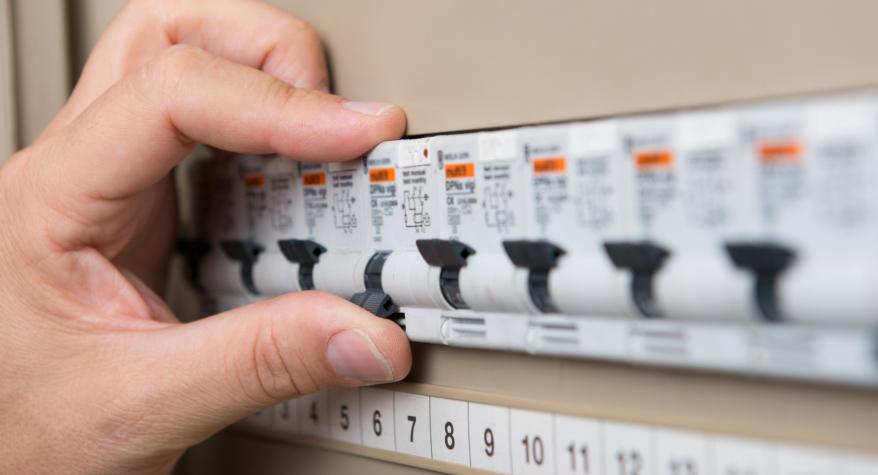My job was for something simple and a job many companies may have thought not worth doing.
If you let property you must ensure that the electrical system and all appliances supplied are safe. Electrical hazards are covered by the Housing Health and Safety Rating System under the Housing Act 2004.
The Landlords Common Law duty of care, the Landlord & Tenant Act 1985 (and several other statutory regulations) requires that electrical equipment is safe at the start of every tenancy and maintained in a safe condition throughout the tenancy.
Failure to comply with the Electrical Equipment (Safety) Regulations 1994 and the The Consumer Protection Act 1987 is a criminal offence.
For rental housing accommodation, the recommendation is that the electrical wiring is inspected every 5 years and at every change of tenant, this is known as an [EICR] electrical installation condition report.
Landlords are legally required to ensure the accommodation provided, meets the basic safety requirements. This includes the fixed electrical installation in the property and any electrical appliances that have been provided by the landlord. Under The Housing and Planning Act 2016 and The Electrical Safety Standards in the Private Rented Sector (England) Regulations 2020
Regulations require that a private landlord is to ensure that the electrical safety standards are met during any period when the residential premises are occupied under a tenancy, and that every fixed electrical installation is inspected and tested at least every five years by a qualified person. PAT Testing should be carried out every 12 months. Without up-to-date PAT Tests your insurance could be invalid, making it an important legal requirement.




